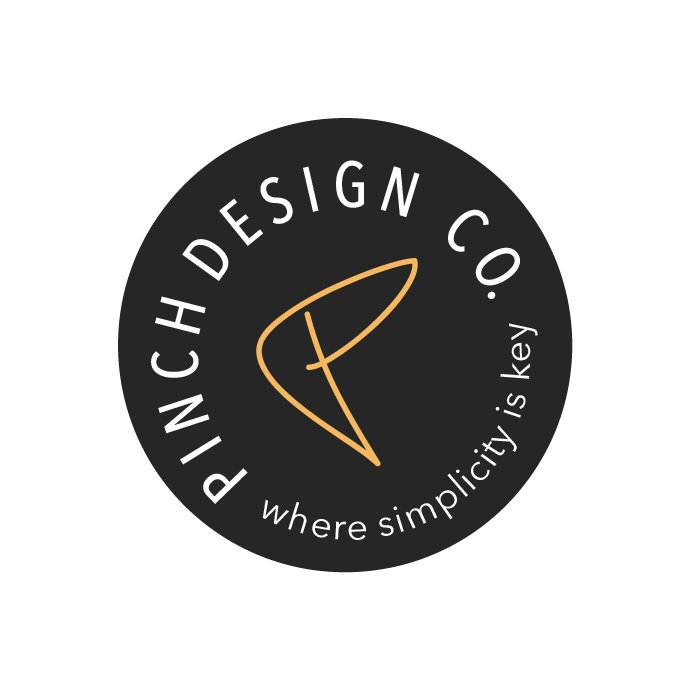S Is For Scammer
Hello everyone! It's Pinch and we have a cautionary tale to share. As the world is currently battling a pandemic, one would think this would be a time for compassion and community, not conning. Today, we would like to share how PDC was almost scammed out of $4,000 dollars and some things your business could do to say safe from scammers.
About a week ago, we received a client inquiry. They were in need of a logo and brochure design and asked if we had an open project spot. Like many other small businesses, this pandemic has hit Pinch hard and maintaining revenue will ensure our company’s survival during this time. However, we had an odd feeling about this potential client right away. Here are some of the red flags we noticed:
The “client” was giving a lot of unsolicited details early in the conversation. Typically, we collect the project specs in our questionnaire after a client has officially signed on.
The “client” provided their project budget after we had already given our prices. Typically, clients mention their budget first and allow us to quote a price for the services needed.
The “client” messaged us directly. Typically, our clients find us online and fill out our inquiry form. If they do message us directly, they state from whom they received our information. It is normally a previous client that has referred us.
The “client” mentioned that we would be working with a project consultant and that this person would be providing text and images needed for the brochure. Again, there have been very few times that we have worked with someone other than the client directly. If there is another person, that other person normally sends the files to our client and our client forwards it to us.
Even with those little flags, we still continued the correspondence until the “client” mentioned making the invoice almost $4,000 dollars. This was to allot for our services, a tip, and the services for their project consultant who doesn’t accept credit card payments. BIG RED FLAG! We have never assisted in the financial dealings between other parties. We informed the “client” that we would not assist in transferring funds to another party nor inflating the invoice to include payment for a third party. The “client” never responded.
This is the first time we have encountered a potential scammer. We are thankful that it didn’t go further and that money was never exchanged. However, after some conversations with other designers, we learned that some businesses weren’t as lucky. It is very disheartening and disgusting to think that there are people preying on small businesses during such a time as this. We want to provide a few tips that we have gathered from other designers to help you spot a scammer and avoid a potential loss:
Try to get the potential client on the phone or even a video conference for a consultation - most scammers want to limit contact with you.
Mention a contract - most scammers don’t want to sign contracts or go through the official process
Look up the information they give you- some scammers will give you some true information like a company name or website so that they seem credible
If they make it past the onboarding and request a refund due to an emergency, refund them the same way you were initially paid.
What these scammers seem to do is use a stolen card to pay for the services, requesting a refund but claiming their old card is lost, etc. and sending you new information to issue the refund. The original card owner notices the charge, files a dispute and now you are out of money.
Trust your gut- IT KNOWS WHEN SOMETHING DOESN’T SEEM RIGHT
This scam seems to be hitting designers and photographers. If it has happened to you, please share your story below. The fact that this is currently happening during a time where we should be more empathic is appalling. We want to spread the word so that there are fewer people affected by these scams.


